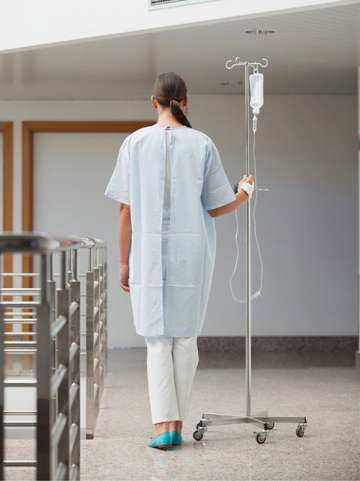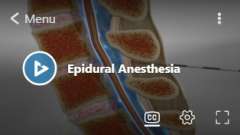Enhancing Your Recovery

Many UCLA patients recover more quickly from surgery today and return home sooner than they used to, thanks to better pain management and other care improvements. This progress is part of a comprehensive program that began in 2016 as a joint effort between the Department of Anesthesiology and Perioperative Medicine and the Division of General Surgery.
Our "enhanced recovery" program started with patients undergoing colorectal surgery, and is expanding to other types of operations too. Best-practice protocols for care before, during, and after surgery improve patient comfort and speed recovery.
Narcotic and opioid pain medications — such as morphine, hydromorphone (Dilaudid), and hydrocodone (Vicodin, Norco) — often are used to manage postoperative pain, but they may cause opioid-induced constipation, or "OIC". They slow down the return of bowel function after surgery. If patients are unable to eat or drink, they can't return home.
The physician anesthesiologists in our Acute Pain Service use regional anesthesia techniques for many patients, such as epidural anesthesia or a special, ultrasound-guided nerve block for abdominal incisions called a "transverse abdominis plane" or "TAP" block. Patients still receive general anesthesia for their operations, but the regional anesthesia controls pain long after surgery ends. Many patients need no opioids at all during surgery, and need much lower doses afterward.

It's a relief to many patients to know that they won't need large doses of narcotics after surgery. They won't be at risk of becoming addicted to pain medications, and will be spared the other side effects of opioids such as grogginess and nausea.
Other components of our enhanced recovery program include:
- A best-practice protocol to prevent nausea and vomiting
- The use of minimally invasive surgical techniques with small incisions whenever possible
- "Multimodal" pain relief, using non-opioid pain medications